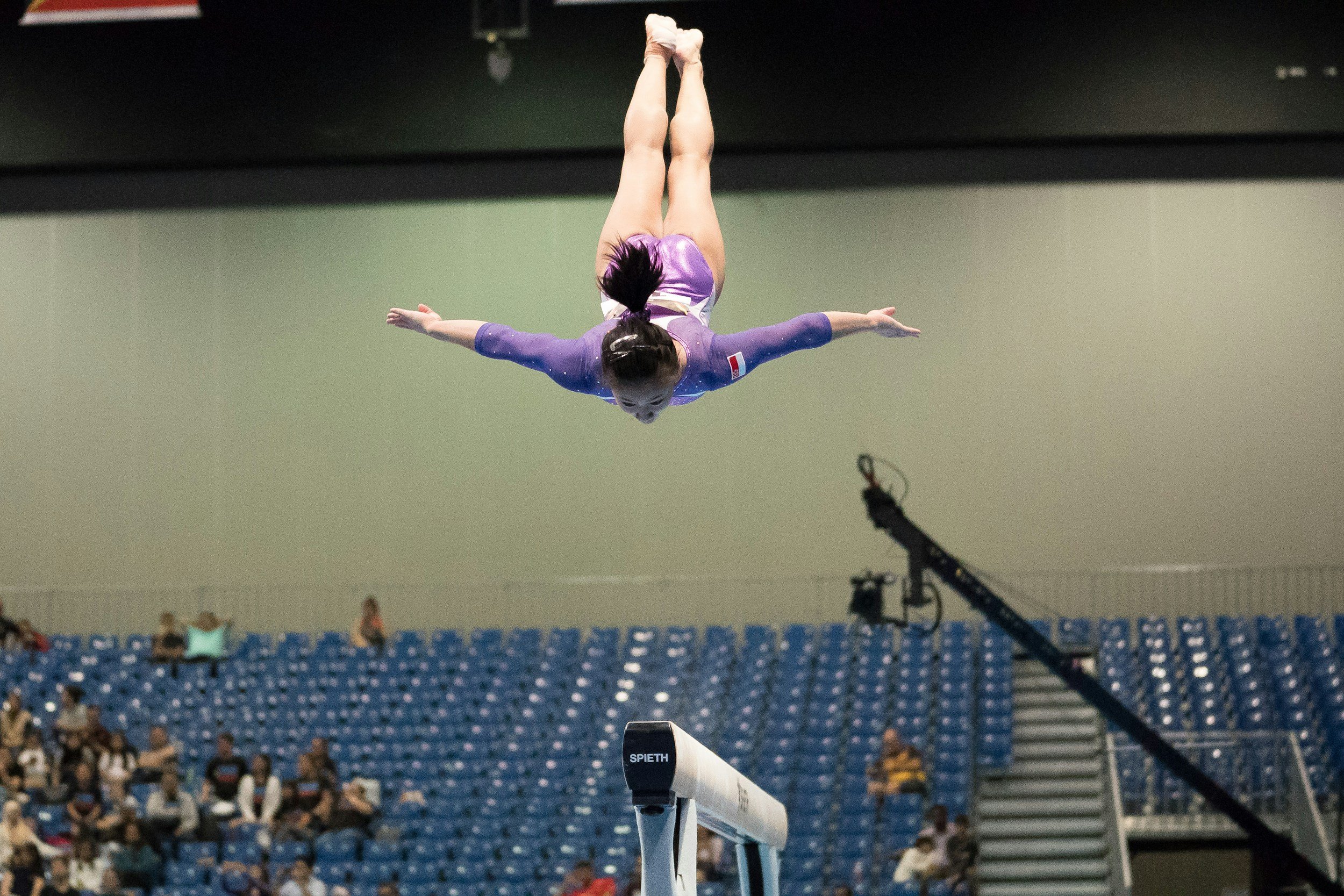
Improved Focus and Resilience
Athletes who undergo Mental Performance Training (MPT) demonstrate enhanced focus under pressure and recover faster from setbacks, which is crucial for peak performance.
(Durand-Bush & Salmela, 2002, Journal of Applied Sport Psychology)

Mental Toughness
Training programs focusing on mental toughness help athletes build resilience, improve self-regulation, and develop goal-oriented behaviors.
(Gucciardi et al., 2009, Journal of Applied Sport Psychology)

Enhanced Team Dynamics
Coaches who participate in MPT facilitate better team cohesion and provide structured support for athletes’ psychological and emotional needs.
(Swann et al., 2019, Journal of Applied Sport Psychology)

Organizational Success
Teams with integrated Mental Performance Training (MPT) show improved communication, trust, and overall cohesion, leading to better outcomes in competitions.
(Fletcher & Wagstaff, 2009, Psychology of Sport and Exercise)

Enhanced Player Development
Organizations that emphasize mental performance see long-term athlete development and reduced dropout rates.
(Putukian et al., 2020, Clinical Journal of Sports Medicine)

Improved Communication
Mental Performance Training (MPT) teaches parents how to effectively support their children by fostering a balance between encouragement and healthy pressure.
(Devonport & Knight, 2021, Frontiers in Psychology)

Supportive Environment
Parents trained in mental performance principles contribute to reducing performance anxiety and promoting a positive sports experience.
(Smith et al., 1995, Journal of Applied Developmental Psychology)
